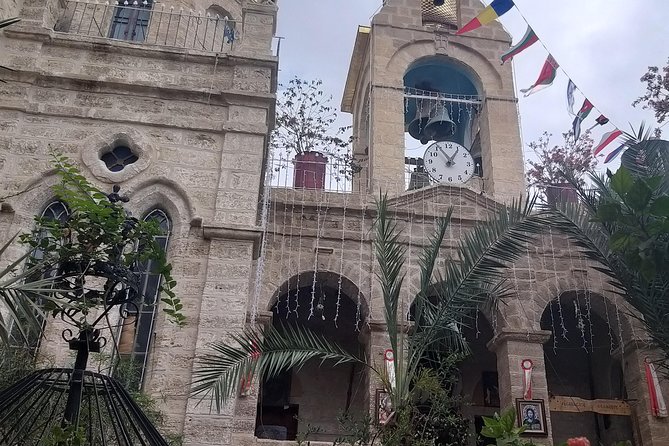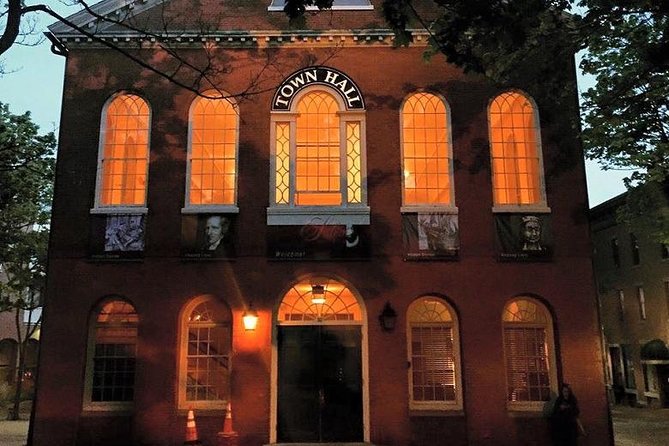St. Paul’s letters to the Corinthians offer a unique window into his ministry and the hotel of the early Christian church in the vibrant city of Corinth. They chronicle Paul’s arrival, the founding of the church, his efforts to address divisions and ethical issues, and his teachings on spiritual gifts and the resurrection. The letters also reveal Paul’s deep pastoral concern as he guided the young Corinthian believers. Exploring Paul’s footsteps in Corinth through these letters provides invaluable insights into the growth and challenges of the nascent Christian movement. Diving deeper into this biblical tour can uncover the significance of Paul’s Corinthian ministry.
Key Points
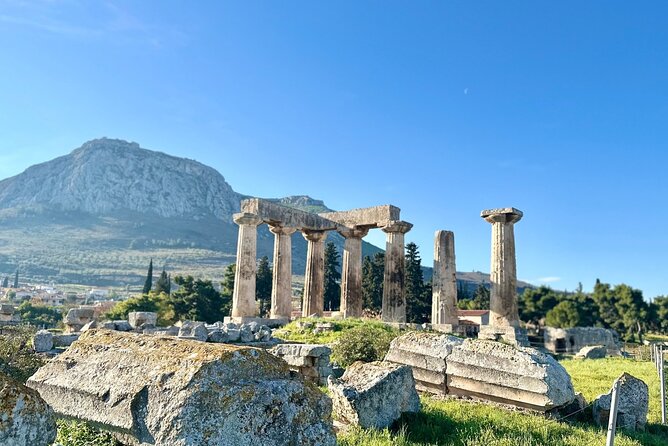
- Trace St. Paul’s missionary journey to Corinth, where he established a thriving Christian community despite initial opposition from local Jews.
- Examine the key issues Paul addressed in his letters to the Corinthians, including divisions, sexual immorality, and theological questions.
- Understand Paul’s emphasis on the diversity of spiritual gifts and the importance of the resurrection in the Corinthian church.
- Explore Paul’s coordination of a collection for impoverished Christians in Jerusalem, demonstrating the unity and care of the Corinthian believers.
- Analyze the significance of the Corinthian letters as vital cornerstones of early Christian theology and their practical guidance for the faithful.
More tours and experiences nearby.
St. Paul’s Arrival in Corinth

According to historical accounts, St. Paul arrived in Corinth around 51 AD, seeking to establish a Christian community in the thriving commercial hub of the ancient Greek world.
He found lodging with Aquila and Priscilla, fellow Jews who’d recently fled Rome. Joining them in their tentmaking trade, Paul spent 18 months in Corinth, preaching in the synagogue and converting both Jews and Greeks to Christianity.
Despite facing initial opposition from the Jews, Paul’s ministry took root, and he established the church in Corinth, which became one of the most prominent early Christian communities.
Paul’s letters to the Corinthians provide valuable insights into the challenges faced by this diverse and rapidly growing congregation.
Establishing the Corinthian Church
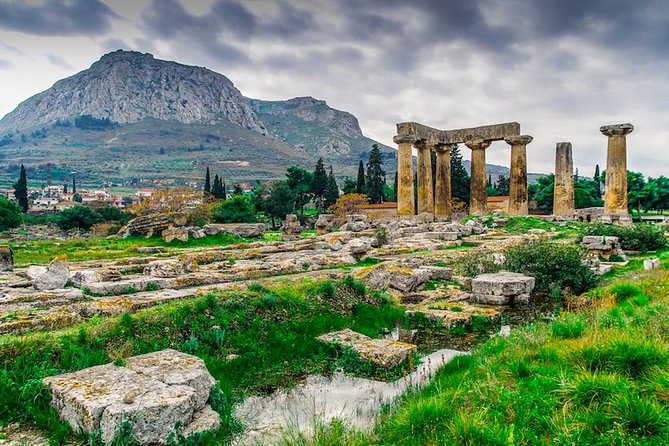
Paul’s missionary work in Corinth quickly bore fruit, as he established a thriving Christian community in the city despite initial resistance from the local Jewish population.
Through his tireless preaching and the conversion of both Jews and Gentiles, Paul built the Corinthian church into one of the most prominent early centers of Christianity. He spent 18 months teaching and leading the new believers, establishing a strong foundation for the church.
Paul’s letters to the Corinthians, which make up a significant portion of the New Testament, provide valuable insights into the challenges and issues faced by this early Christian community.
The Corinthian church would become an influential hub, sending missionaries and spreading the gospel throughout the region.
Addressing Divisions and Issues
In his letters to the Corinthians, Paul directly addressed the various divisions and issues plaguing the young church, offering guidance and admonition to restore unity and proper Christian conduct.
He rebuked the Corinthians for their factionalism, sexual immorality, legal disputes, and misuse of spiritual gifts.
Paul encouraged the Corinthians to have a spirit of love, wisdom, and maturity in their faith.
He also provided practical instructions on topics like marriage, idol worship, and the resurrection.
Through these letters, Paul sought to address the Corinthians’ problems and strengthen their identity as the body of Christ, despite the challenges they faced as a growing Christian community.
Spiritual Gifts and Resurrection
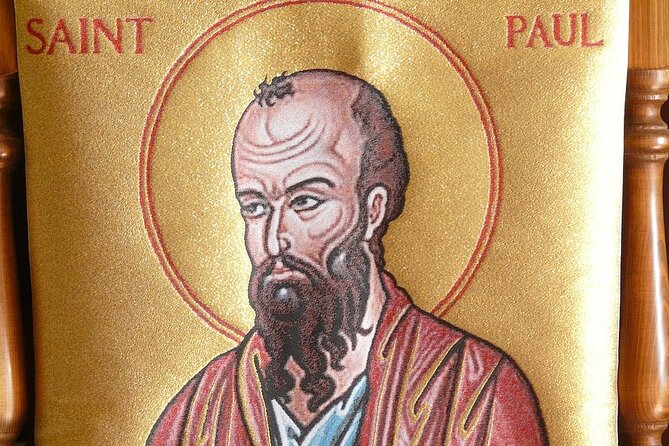
Another key focus in Paul’s letters to the Corinthians involved his teachings on spiritual gifts and the resurrection of believers.
Paul emphasized the diversity of spiritual gifts within the church, encouraging the Corinthians to use their unique abilities to build up the community. He taught that the Holy Spirit distributes these gifts as He wills, and that all members have an important role to play.
Plus, Paul addressed the Corinthians’ doubts about the resurrection, affirming that Christ’s resurrection was the basis for the believers’ future resurrection. This doctrine was central to the Christian faith, and Paul urged the Corinthians to stand firm in this belief despite any skepticism or confusion.
Collecting for the Saints
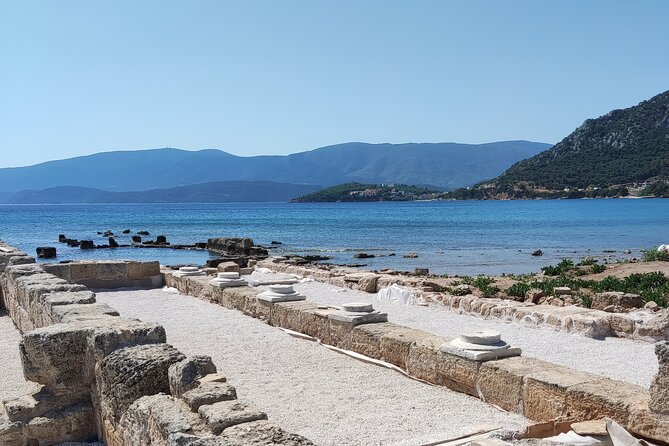
The collection for the saints was another important matter that Paul addressed in his letters to the Corinthians.
He instructed the believers to set aside a sum of money on the first day of the week to be collected and sent to the impoverished Christians in Jerusalem. This practical measure ensured the needs of the church were met and demonstrated the unity and care of the Corinthian believers.
Paul sought to coordinate this collection with the other Gentile churches, so the Jerusalem church could be supported through the generosity of their fellow Christians. This financial assistance was a tangible expression of the Corinthians’ faith and their desire to support their brothers and sisters in Christ.
Final Greetings and Instructions
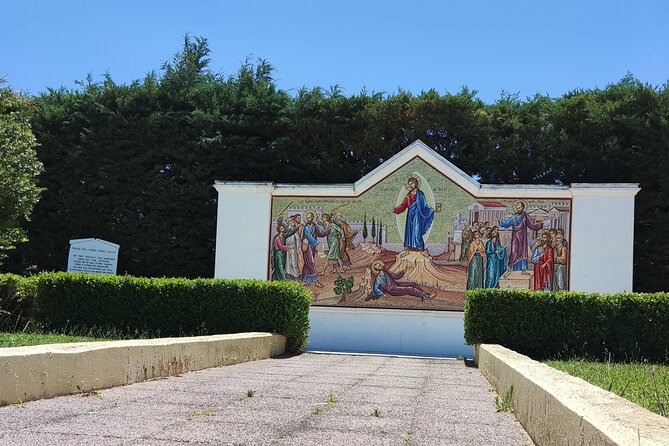
Towards the end of his second letter, Paul provided the Corinthians with final greetings and instructions to guide them in their Christian walk.
He urged them to ‘be on your guard, stand firm in the faith, be courageous, be strong.’
Paul also encouraged them to ‘do everything in love.’
He greeted specific individuals, like Aquila and Priscilla, who’d been faithful companions on his journeys.
Plus, Paul commanded the church to submit to the household of Stephanas, who were the first converts in Achaia.
These final words reinforced the importance of unity, steadfastness, and love within the Corinthian church as they continued to live out their faith.
Paul’s Ministry Across Regions
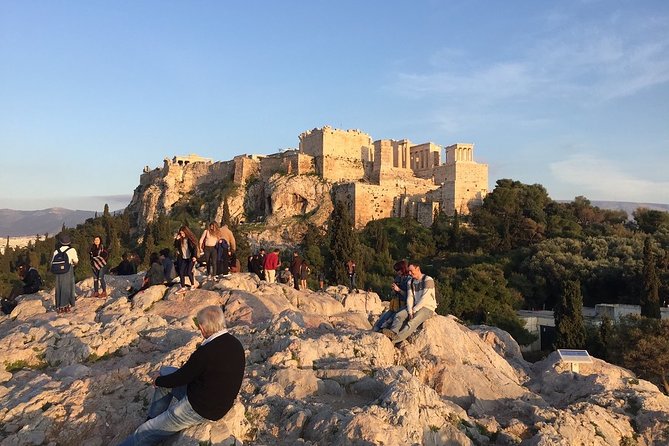
Following his final instructions to the Corinthian church, Paul’s ministry expanded across various regions as he continued his mission to spread the gospel.
He traveled to Ephesus, building a strong congregation there. From Ephesus, Paul journeyed to Macedonia, encouraging the believers and collecting funds for the church in Jerusalem.
He then returned to Corinth, where he wrote his letter to the Romans, outlining his theological views. After this, Paul sailed to Jerusalem, where he was arrested and eventually sent to Rome to stand trial.
Throughout his travels, Paul tirelessly proclaimed the good news of Jesus, establishing churches and mentoring new believers to carry on the work. His ministry left an indelible mark on the early Christian movement.
Significance of the Corinthian Letters
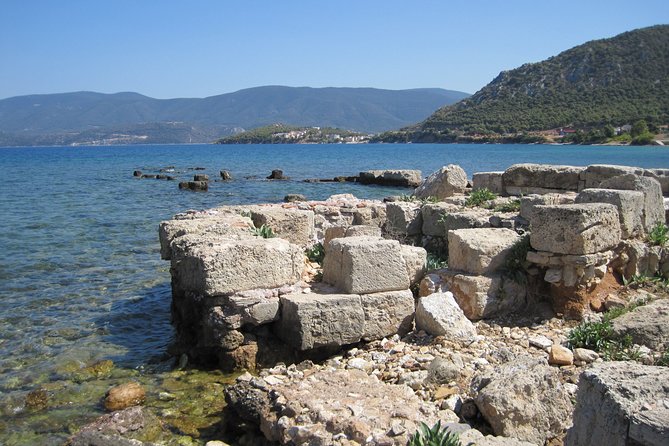
Paul’s letters to the Corinthian church stand as vital cornerstones of early Christian theology, addressing a multitude of doctrinal and practical issues that confronted the burgeoning faith community. These epistles provide invaluable insight into the challenges faced by the first-century believers and Paul’s inspired responses:
The letters tackle complex theological topics such as the nature of spiritual gifts, the doctrine of the resurrection, and the role of women in the church.
They offer practical guidance on matters of Christian conduct, including how to handle issues of sexual immorality, divisions, and disputes within the congregation.
Plus, the Corinthian correspondence reveals the deep pastoral care and concern Paul had for the believers, as he sought to shepherd them through their struggles and strengthen their faith.
Here's a few more nearby tours and experiences we think you'll like.
- Athens Scenic Bike Tour With an Electric or a Regular Bike
- Athens Full Day Private Tour
- Acropolis and Parthenon Guided Walking Tour
- Acropolis Monuments & Parthenon Walking Tour With Optional Acropolis Museum
- Small-Group Greek Traditional Food Tour Around Athens With Tastings
- Delphi One Day Trip From Athens With Pickup and Optional Lunch
Frequently Asked Questions
Can I Customize the Tour Itinerary to Suit My Interests?
Yes, the tour can be customized to suit your interests. The tour provider offers flexibility to adjust the itinerary based on your preferences, so you can focus on the sites and activities that interest you most.
How Accessible Are the Tour Sites for Individuals With Disabilities?
The tour sites are generally accessible, but some locations like the ancient Corinth site and Akrokorinthos castle may have uneven terrain or stairs. Guests with disabilities should speak with the tour provider to discuss any special needs or accommodations.
Are There Any Discounts or Special Offers Available for the Tour?
The tour operator doesn’t currently offer any discounts or special offers. However, they’re happy to provide details on any promotional deals that may become available in the future. Interested travelers should check the website or contact the company directly for the latest information.
What Is the Dress Code or Recommended Attire for the Tour?
The tour has no formal dress code, but comfortable, weather-appropriate clothing and walking shoes are recommended. Layering is advised, as the outdoor sites may be cooler than the transportation. Modest attire is encouraged to respect the religious nature of some locations.
Can I Book Additional Activities or Excursions During the Tour?
Yes, additional activities and excursions can be booked during the tour. The tour provider offers optional add-ons like a licensed tour guide and airport transportation for an additional cost, allowing you to customize the experience to your preferences.
Not for you? Here's more of our most recent tour reviews happening neaby
- 3-Day Classical Greece Tour: Epidaurus, Mycenae, Nafplion, Olympia, Delphi
- Acropolis Walking Tour, Including Syntagma Square & City Center
- Private Food Tour of Athens: 6 or 10 Tastings
- Athens Airport to Athens Hotels Private Arrival Transfer
- PREMIUM Semi-Private Athens Afternoon Food Tour & Wine Tasting
- Athens Acropolis & Museum PRIVATE TOUR With a Local PRIVATE Guide
- Delphi Full Day Private Tour From Athens
- Delphi & Arachova Premium Historical Tour With Expert Tour Guide on Site
- Athens Greece Full Day Private Tour
- Athens: Acropolis, Parthenon and Acropolis Museum Guided Tour
- Athens Greek Food Tour Small-Group Experience
- Meteora Daytrip English or Spanish, Option Lunch by Local Agency
- Athens Small Group Electric Bike Tour
- Private Biblical Tour of Ancient Corinth & Isthmus Canal
- Meteora Monasteries Full Day Trip From Athens With Optional Lunch
Recap
This biblical tour retracing St. Paul’s footsteps in early Christian Greece offers an immersive experience, exploring the sites associated with his transformative ministry.
Delving into the Apostle’s letters to the Corinthians, participants uncover the rich spiritual and historical significance of each location, from the ancient city of Corinth to the surrounding areas that shaped the development of the early church.
This carefully curated itinerary provides the convenience of a pre-planned journey to discover the enduring legacy of St. Paul’s work in this remarkable chapter of Christian history.

